Hattie, a New Orleans prostitute, meets a photographer named Bellocq at her brothel one night and, after he photographs her, he befriends her 12-year-old daughter, Violet. When Violet is brought […]
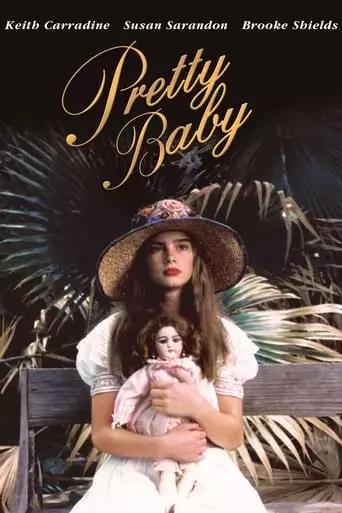
Hattie, a New Orleans prostitute, meets a photographer named Bellocq at her brothel one night and, after he photographs her, he befriends her 12-year-old daughter, Violet. When Violet is brought […]
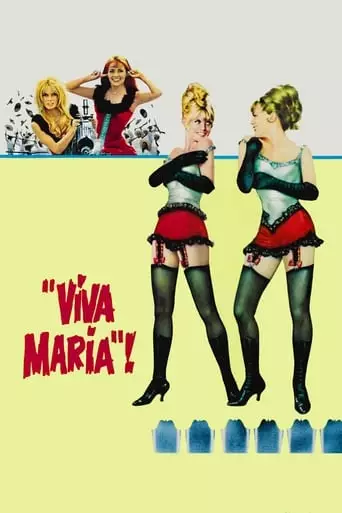
Gorgeous IRA operative Marie flees the British authorities and finds herself somewhere in the American continent, where she meets a stunning woman also named Marie, a singer in a traveling […]
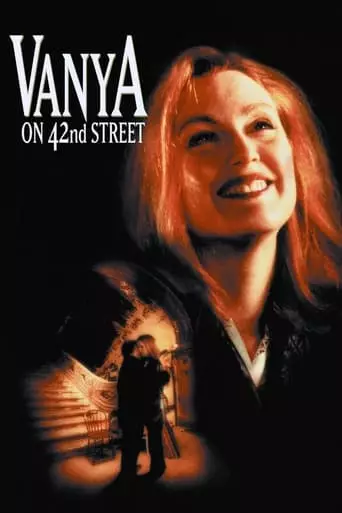
An uninterrupted rehearsal of Chekhov’s 1899 play “Uncle Vanya” played out by a company of actors. The setting is their run down theater with an unusable stage and crumbling ceiling. […]
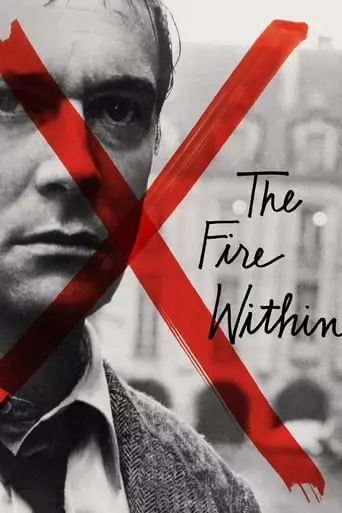
Although his alcoholism has been treated, Alain still feels he is deeply unwell and does not feel he can leave the detoxification clinic once and for all. His wife, living […]
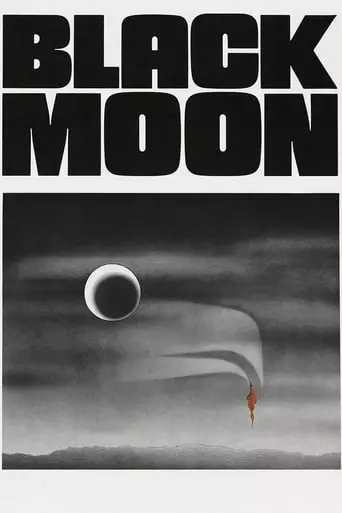
There is a war in the world between the men and the women. A young girl tries to escape this reality and comes to a hidden place where a strange […]
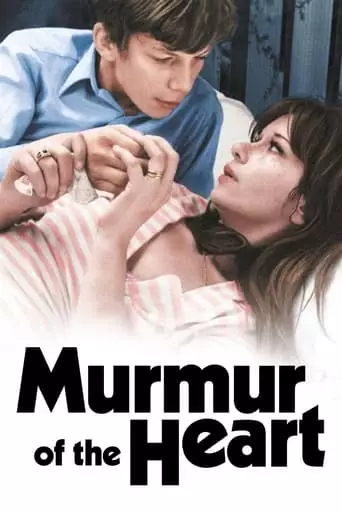
This loosely plotted coming-of-age tale follows the life of 15-year-old Laurent Chevalier as he stumbles his way over the burgeoning swell of adolescence in 1950s France. After having his first […]
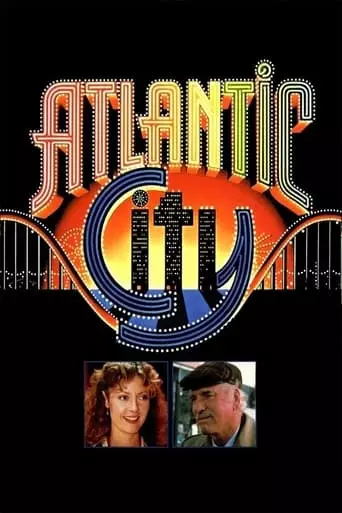
In a corrupt city, a small-time gangster and the estranged wife of a pot dealer find themselves thrown together in an escapade of love, money, drugs and danger.
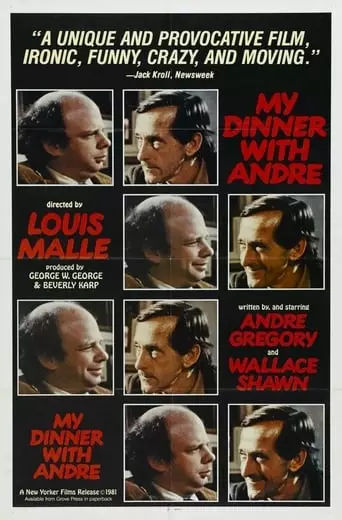
Wallace Shawn and Andre Gregory, apparently playing themselves, share their lives over the course of an evening meal at a restaurant.
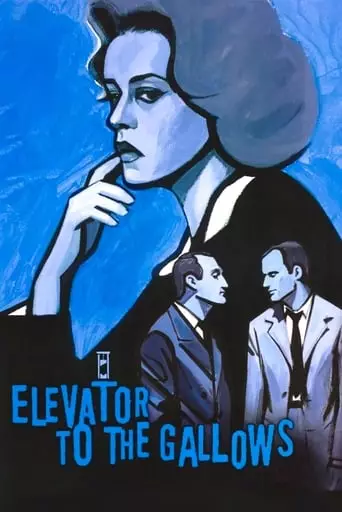
A self-assured businessman murders his employer, the husband of his mistress, which unintentionally provokes an ill-fated chain of events. Elevator to the Gallows (French: Ascenseur pour l’échafaud) is a French […]
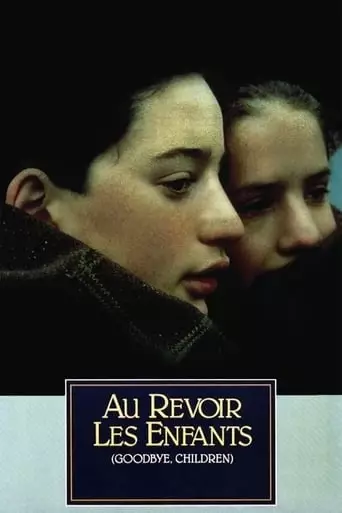
Au revoir les enfants tells a heartbreaking story of friendship and devastating loss concerning two boys living in Nazi-occupied France. At a provincial Catholic boarding school, the precocious youths enjoy […]
Louis Malle: The Maverick of French Cinema
Louis Malle was a groundbreaking filmmaker whose work defied easy categorization, traversing genres, styles, and continents. Renowned for his versatility and intellectual rigor, Malle created films that explored moral ambiguity, human vulnerability, and societal taboos. With a career spanning over four decades, he left an indelible mark on both French and international cinema.
Early Life and Influences
Born on October 30, 1932, in Thumeries, France, Louis Malle grew up in an affluent family. His upbringing was marked by the German occupation of France during World War II, an experience that would later inform his deeply personal film Au revoir les enfants (1987).
Malle initially studied political science at the prestigious Sciences Po before enrolling at the Institut des Hautes Études Cinématographiques (IDHEC), France’s premier film school.
His first major opportunity in filmmaking came when he worked as an assistant to Jacques-Yves Cousteau on the Oscar-winning documentary The Silent World (1956), which Malle co-directed and co-photographed.
Breakthrough in Narrative Cinema
Malle’s narrative film debut, Elevator to the Gallows (Ascenseur pour l’échafaud, 1958), immediately established him as a formidable talent.
Innovation: The film is a tense noir thriller infused with existential dread and accompanied by a haunting, improvised jazz score by Miles Davis.
Impact: Its modern style and atmospheric storytelling made it a precursor to the French New Wave.
His follow-up, The Lovers (Les Amants, 1958), starring Jeanne Moreau, caused a sensation for its candid exploration of female sexuality. The film was both lauded and controversial, earning international acclaim and sparking debates about censorship.
Themes and Style
Malle’s films are notable for their variety, but several recurring themes and stylistic elements define his work:
Moral Complexity: Malle often explored ethical dilemmas and gray areas of human behavior, leaving audiences to grapple with uncomfortable questions.
Psychological Depth: His characters are richly drawn, often caught between societal expectations and personal desires.
Societal Critique: Many of his films, such as The Fire Within (Le Feu follet, 1963), delve into alienation, existential crises, and the hypocrisies of bourgeois life.
Documentary Realism: Malle frequently blurred the lines between fiction and documentary, as seen in his later films.
Key Films
Zazie dans le Métro (1960): A surreal, anarchic comedy based on Raymond Queneau’s novel, this film showcased Malle’s playful side and willingness to experiment with form.
The Fire Within (1963): A harrowing exploration of a man’s final days as he struggles with depression and suicidal ideation. The film remains a haunting meditation on despair and the search for meaning.
Murmur of the Heart (Le Souffle au cœur, 1971): A semi-autobiographical coming-of-age tale that tenderly examines themes of adolescence, family dynamics, and taboo relationships.
Lacombe, Lucien (1974): A provocative drama about a young Frenchman who joins the Gestapo during World War II. The film challenged traditional narratives of heroism and resistance, sparking controversy for its depiction of moral ambiguity.
Atlantic City (1980): A collaboration with Hollywood, this romantic crime drama starring Burt Lancaster and Susan Sarandon earned five Academy Award nominations and highlighted Malle’s ability to work seamlessly across cultures.
Au revoir les enfants (1987): A deeply personal and poignant tale about friendship, betrayal, and the Holocaust, based on Malle’s own childhood experiences. The film won critical acclaim and numerous awards, including the Golden Lion at the Venice Film Festival.
Forays into Documentary Filmmaking
Malle also made a significant contribution to documentary cinema, often exploring cultural and social themes:
Calcutta (1969): A striking and unvarnished look at life in one of India’s most populous cities.
Phantom India (1969): A seven-part series capturing the complexities and contradictions of Indian society.
God’s Country (1985): A reflective portrait of life in a small Midwestern American town, showcasing Malle’s sensitivity to ordinary people and their stories.
Crossing Borders: A Global Filmmaker
Unlike many of his contemporaries in French cinema, Malle embraced an international career. He worked extensively in the United States, directing films like My Dinner with Andre (1981), a philosophical conversation between two men, and Vanya on 42nd Street (1994), a modern adaptation of Chekhov’s Uncle Vanya.
His ability to adapt to different cultures and cinematic traditions set him apart as a truly global filmmaker.
Legacy and Influence
Louis Malle passed away on November 23, 1995, but his influence endures. His films continue to be celebrated for their emotional honesty, intellectual rigor, and willingness to tackle controversial subjects. Directors such as Wes Anderson, Sofia Coppola, and Richard Linklater have cited Malle as an inspiration, particularly for his ability to seamlessly blend personal storytelling with universal themes.
Conclusion
Louis Malle’s career is a testament to the power of cinema to provoke, challenge, and illuminate. Whether crafting intimate dramas, experimental comedies, or unflinching documentaries, Malle pushed boundaries and defied conventions, leaving behind a body of work that remains as vital and thought-provoking today as when it was first released. A true maverick, Malle’s films invite us to confront the complexities of life with courage and compassion.